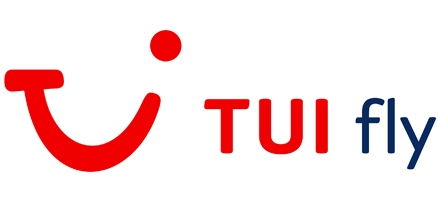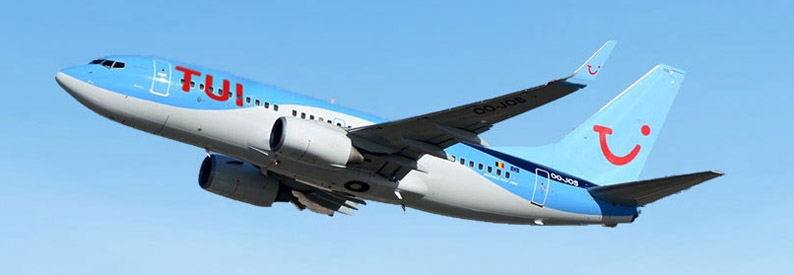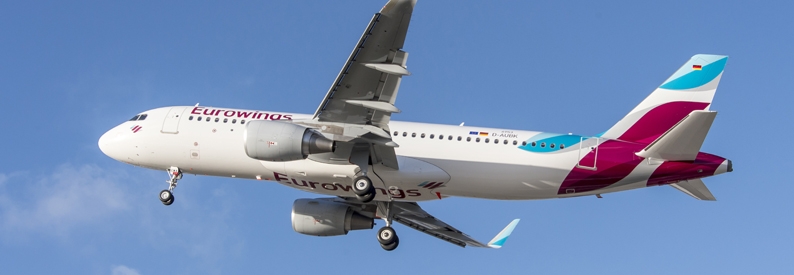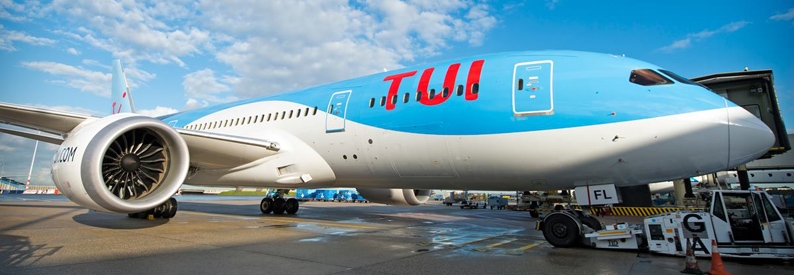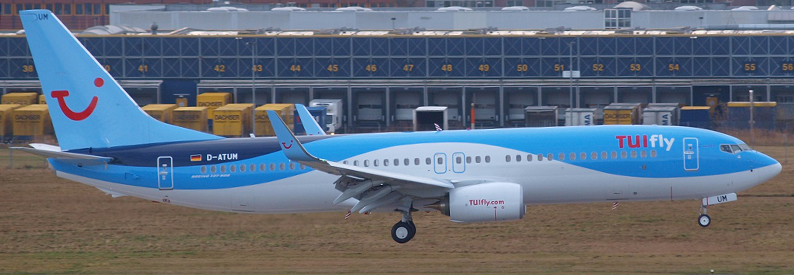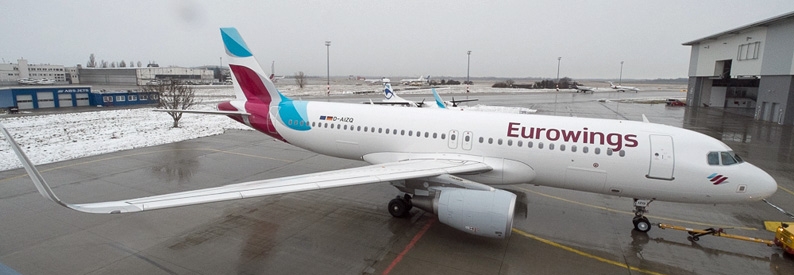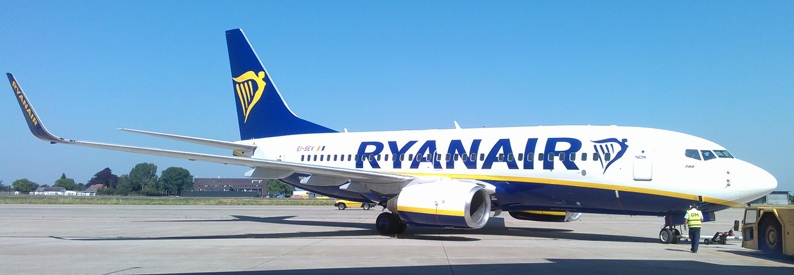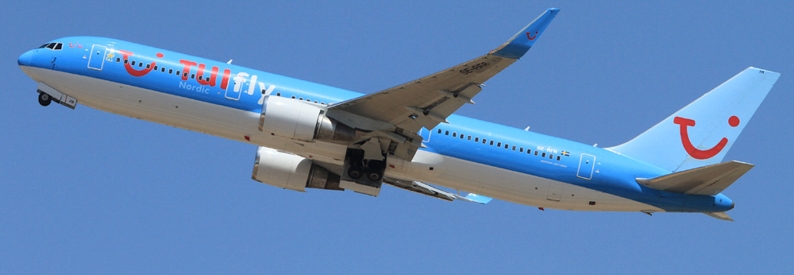TUI Group and the German state have agreed on a timetable for the repayment by the end of 2023 of EUR730 million euros (USD777 million) plus interest in Covid-19 state aid.
Under the deal, the group will fully repay the silent participation of EUR420 million (USD446 million) provided by Germany's Economic Stabilisation Fund (Wirtschaftsstabilisierungsfonds - WSF) and a remaining EUR59 million (USD62 million) warrant bond until the end of 2023. "Including compensation for the value of the WSF's existing conversion rights plus accrued interest, the redemption price will amount to at least EUR730 million," the company said in a statement.
In return, the tourism giant will receive back the option rights to TUI shares held by the WSF.
In addition to the agreement with the WSF, TUI will significantly reduce its EUR1.2 billion (USD1.27 billion) credit lines from the state development bank KfW.
The repayments will be refinanced through a reduction in share capital followed by capital increases with subscription rights from the existing authorised capital, the company explained. TUI shareholders will be asked to pass the relevant resolutions at the next annual general meeting in February 2023.
"Our goal has always been clear: we want to return the state aid received during the pandemic as quickly as possible in order to reduce our net debt and interest burden. The way to do this has been worked out and agreed with the WSF along with a structured timetable for implementation. Now is the right time: TUI is stable and on its way back to sustainable, profitable growth," commented Chief Executive Officer Sebastian Ebel, citing a solid summer 2022 performance.
"Summer '22 was strong. Our consistently implemented transformation is paying off more and more, which is also reflected in our figures. Of course, we still have a challenging road ahead of us. But our strategy, our future-proof business model, the relaunch of tourism, and promising customer and travel trends make us confident about our way back to normality," he said.
Chief Financial Officer Mathias Kiep said the planned measures would significantly improve TUI's financial situation and achieve its targeted debt level.
Capital increases with subscription rights are planned to refinance the repayments, to be carried out simultaneously as part of a rights offering. This was already authorised at the February 2022 AGM.
"By consolidating TUI shares at a ratio of ten to one, the group's share capital will decrease from currently around EUR1.785 billion [USD1.9 billion] to around EUR179 million [USD190 million]. The reduction amount of around EUR1.606 billion [USD1.7 billion] will be transferred to the company's capital reserve. There will be no distribution to shareholders. The difference between the expected stock exchange price of TUI shares after the reverse stock split and the lowest issue price of the nominal value of EUR1 [USD1.06] will be substantially increased, thus enabling capital increases at market conditions," the company said.
The repayment agreement is still subject to confirmation by the EU Commission.
TUI is able to make the repayments thanks to full-year 2022 revenue having almost quadrupled to EUR16.55 billion (USD17.58 billion) from EUR4.73 billion (USD5 billion) and earnings before interest and taxes (EBIT) of EUR409 million (USD434 million) versus a loss of USD2.08 billion (USD2.20 billion) the year before. A total of 13.7 million guests in the summer of 2022 ensured positive earnings in all segments.
Net debt was reduced to EUR3.4 billion (USD3.6 billion) by September 30, compared to EUR5 billion (USD5.3 billion) a year earlier. At the same time, the group continued to have liquidity of EUR3.7 billion (USD3.9 billion) to tie it over the typically weaker winter season.
TUI Group operates five AOCs: TUI Airways (BY, London Luton), TUI fly (Belgium), TUI fly (Germany), TUI fly (Netherlands), and TUI fly Nordic.
In an interview with aeroTELEGRAPH, Ebel said the introduction of B737-8 MAX had resulted in significantly more than a planned 15% cost saving. According to the ch-aviation fleets module, the airlines in the group together operate thirty-two B737-8s.
TUI Group has twenty-one B737-10s on order, according to ch-aviation data. "One thing is clear: We need the Max 10 to be able to keep up with the Airbus A321. And I expect Boeing to live up to its commitments. The goal is for Boeing to honour its commitments; otherwise, we'll have to see and assess the situation," Ebel said.
He said the B737-8s were performing well in terms of fuel consumption. "As far as spare parts supply is concerned, there is still room for improvement. Boeing and all partners in the supply chain have to do better," he urged.
The airlines in TUI Group fly long-haul with a combined fleet of nineteen B787 Dreamliners, ch-aviation fleets data reveals. Ebel said long-haul operations were becoming increasingly expensive due to the high fuel price. We have seen that long-haul routes always suffer disproportionately when fuel prices rise because that is reflected in ticket prices. And people then prefer to fly to Egypt, for example, rather than to the Dominican Republic."
